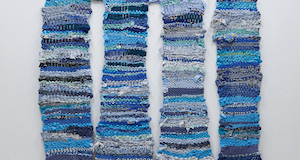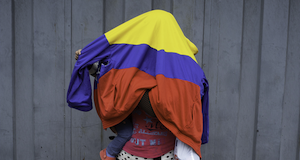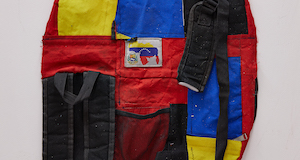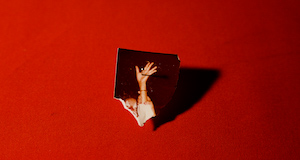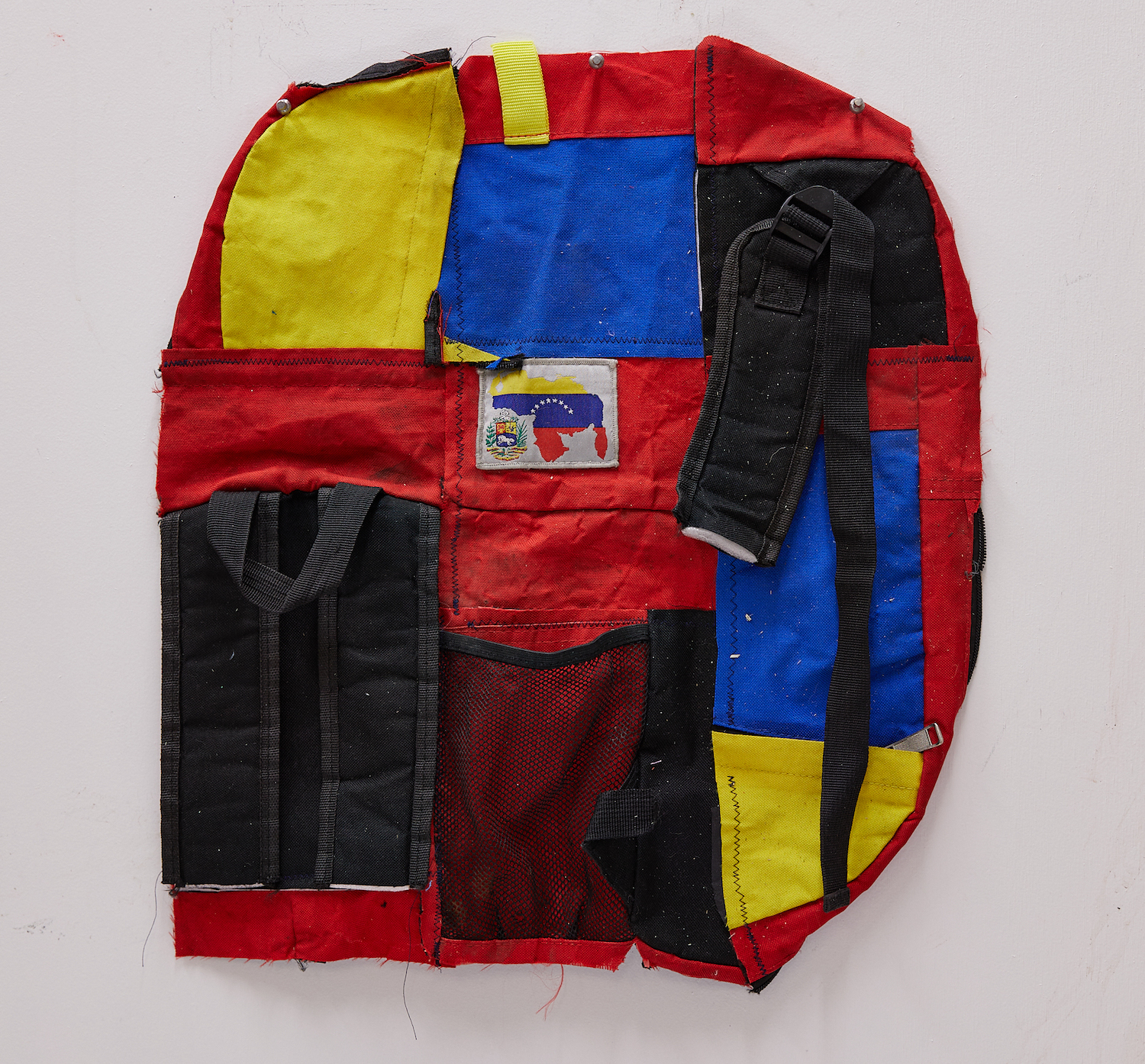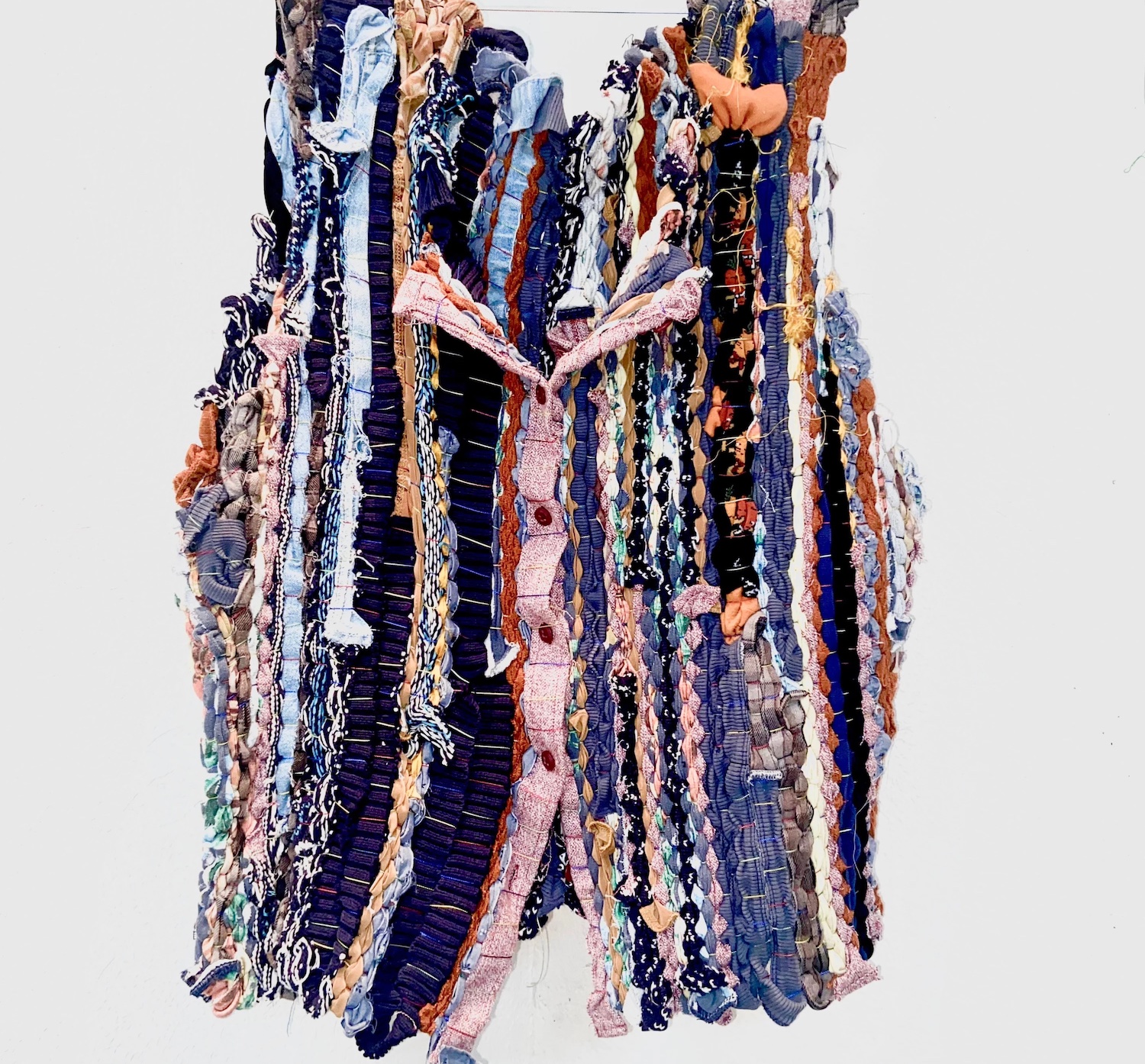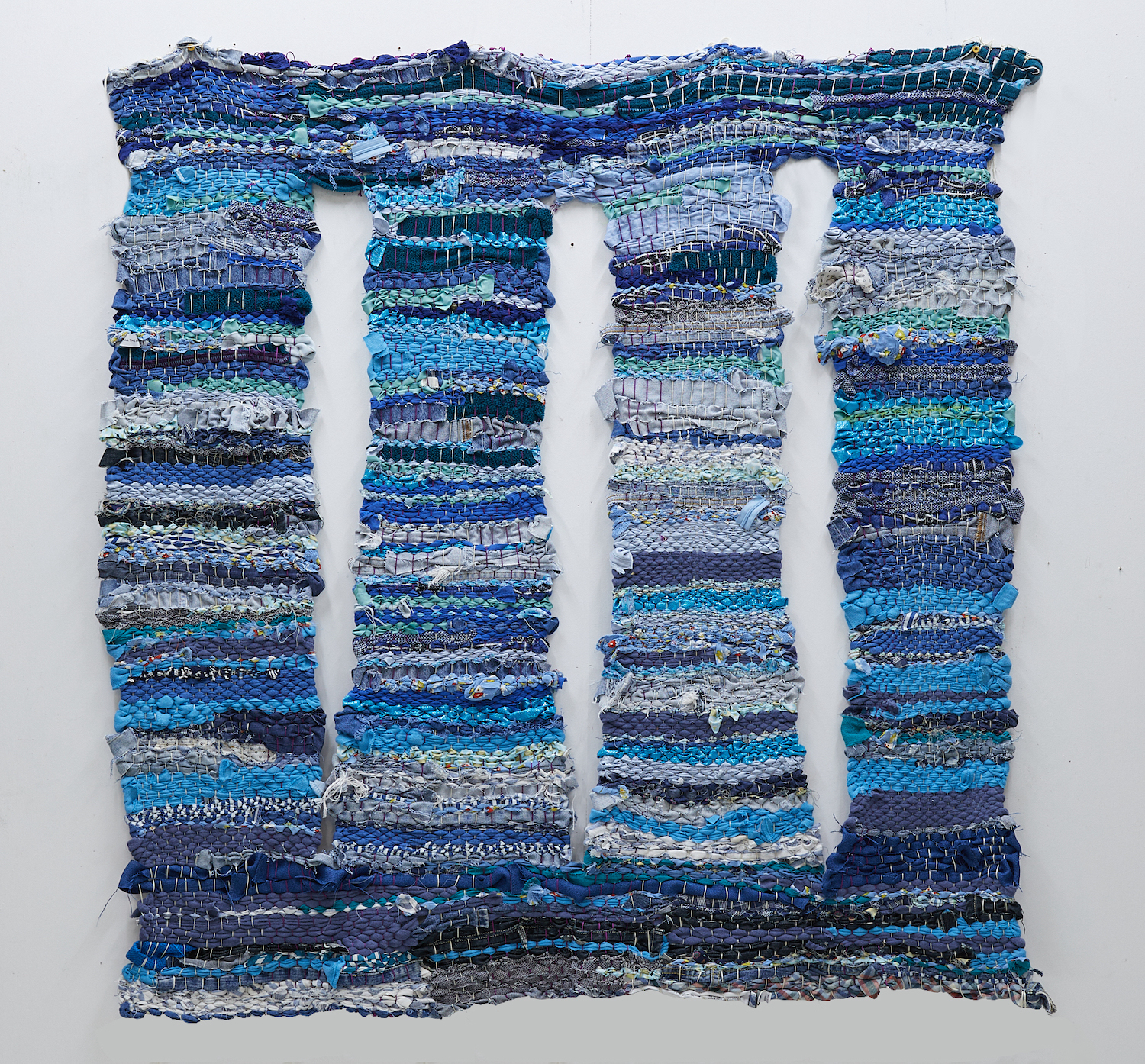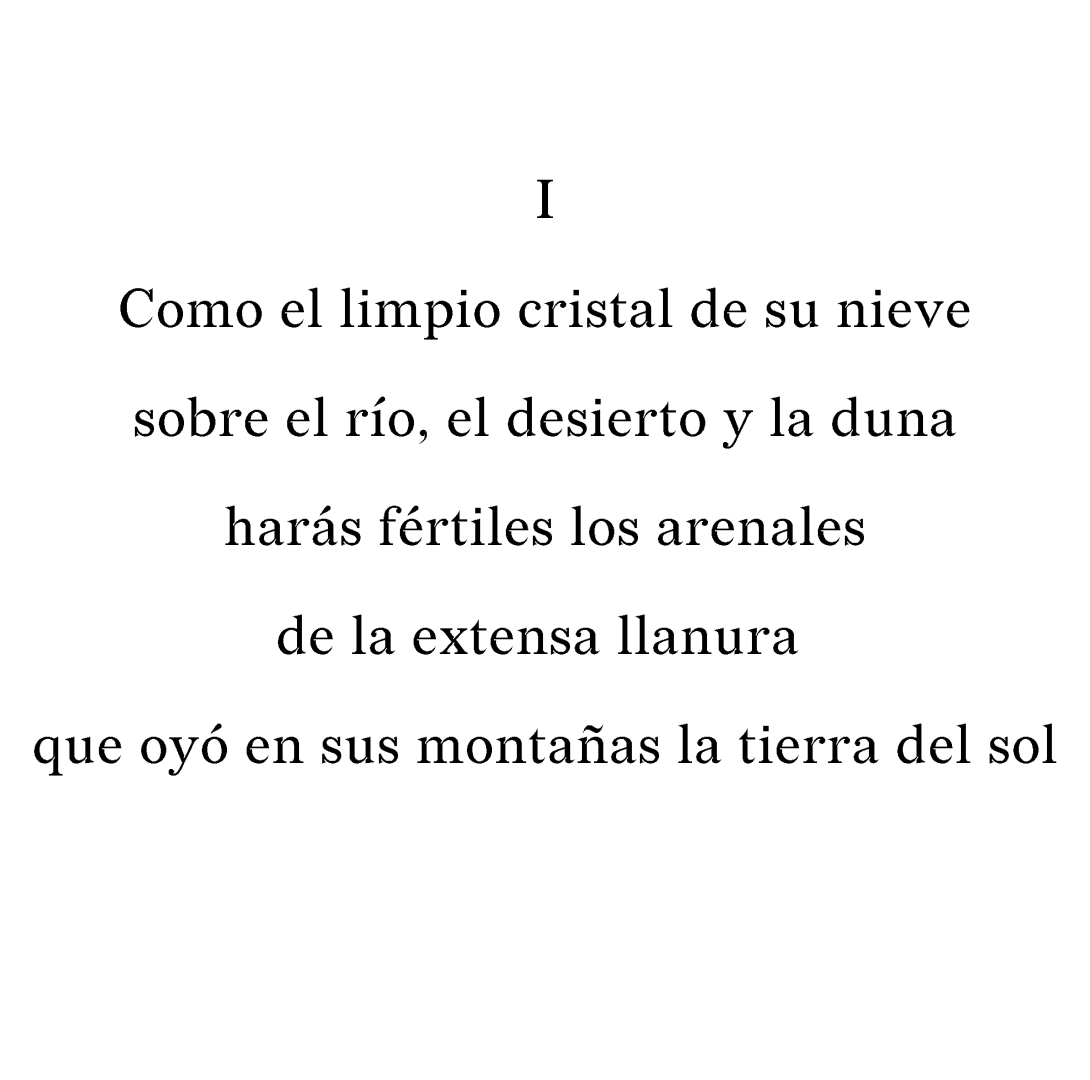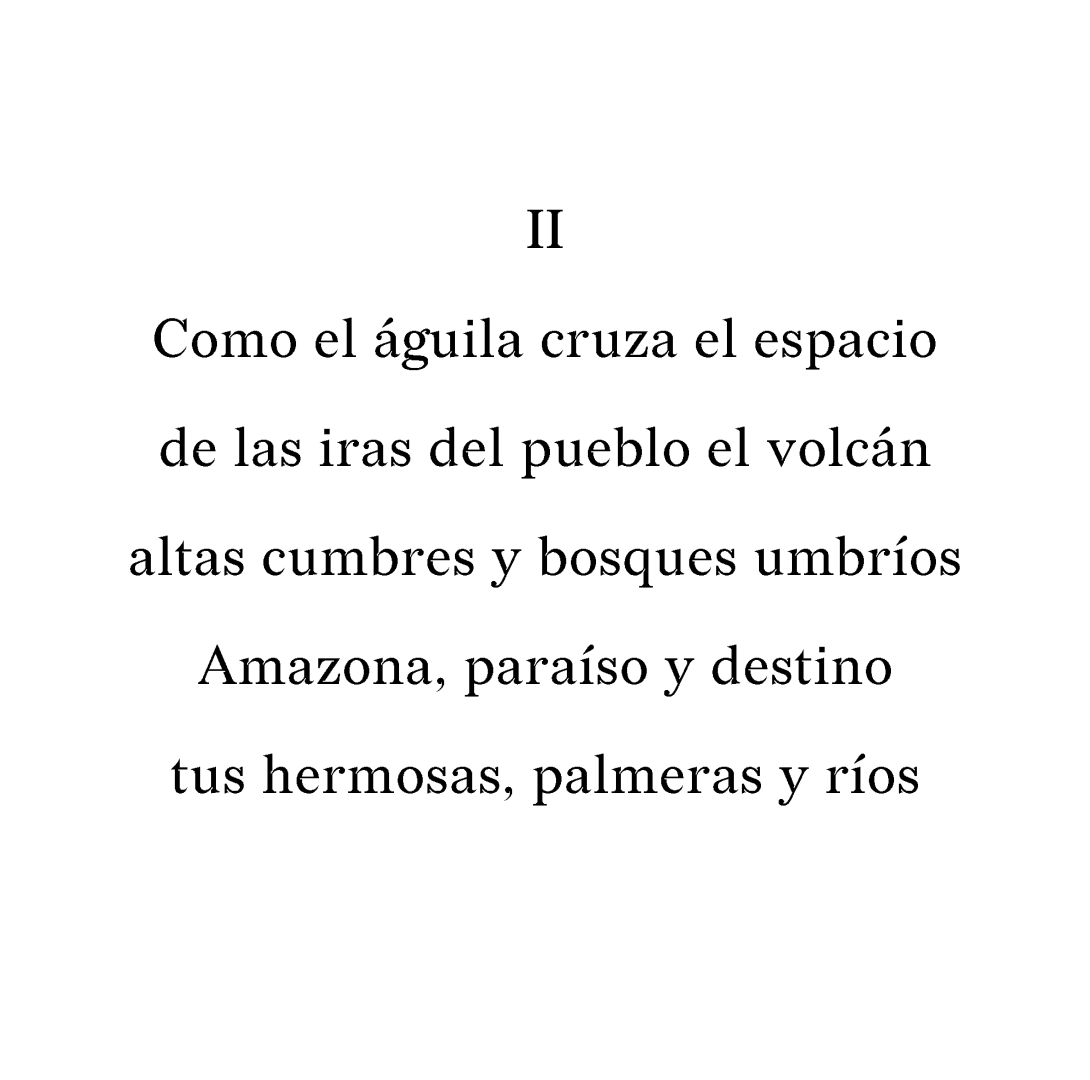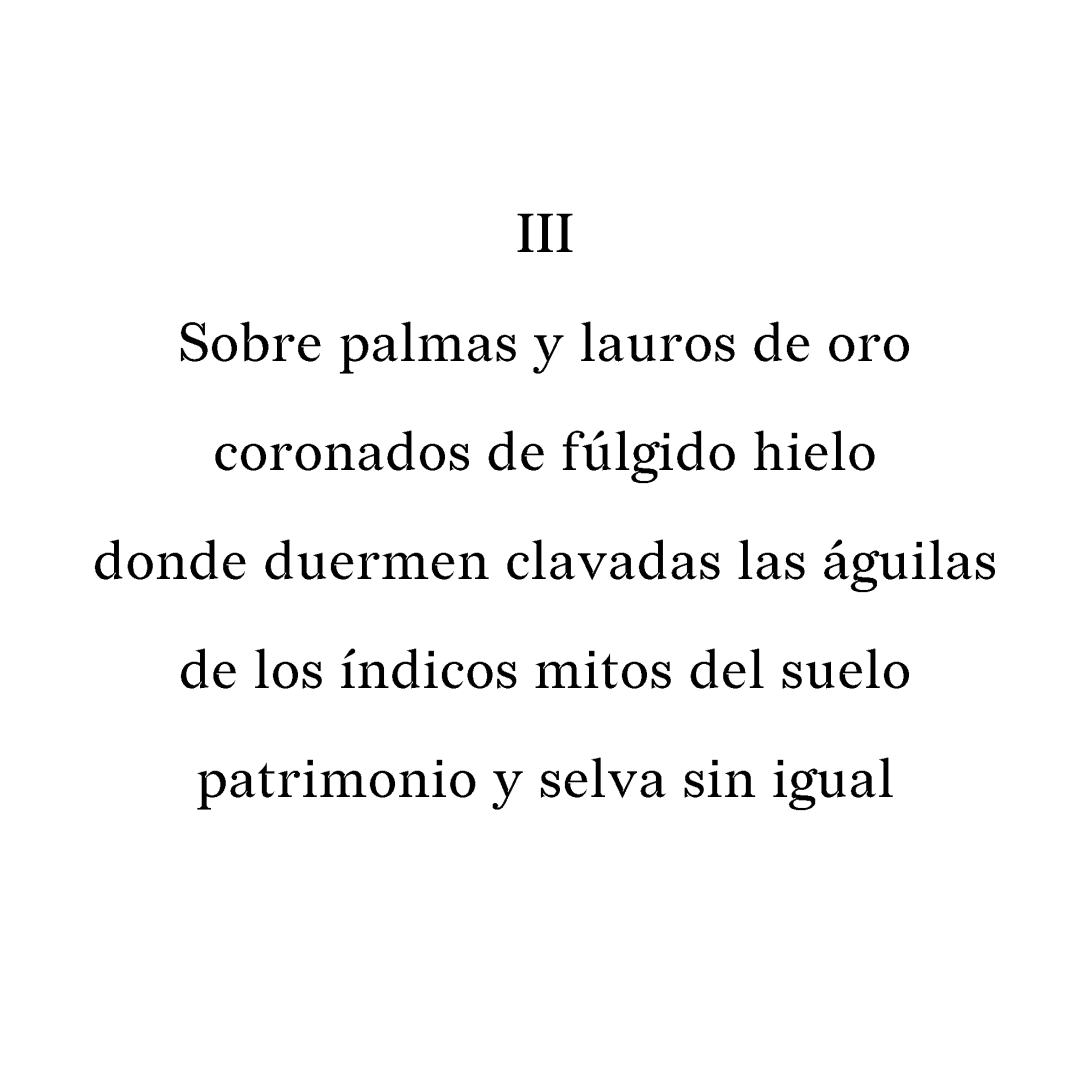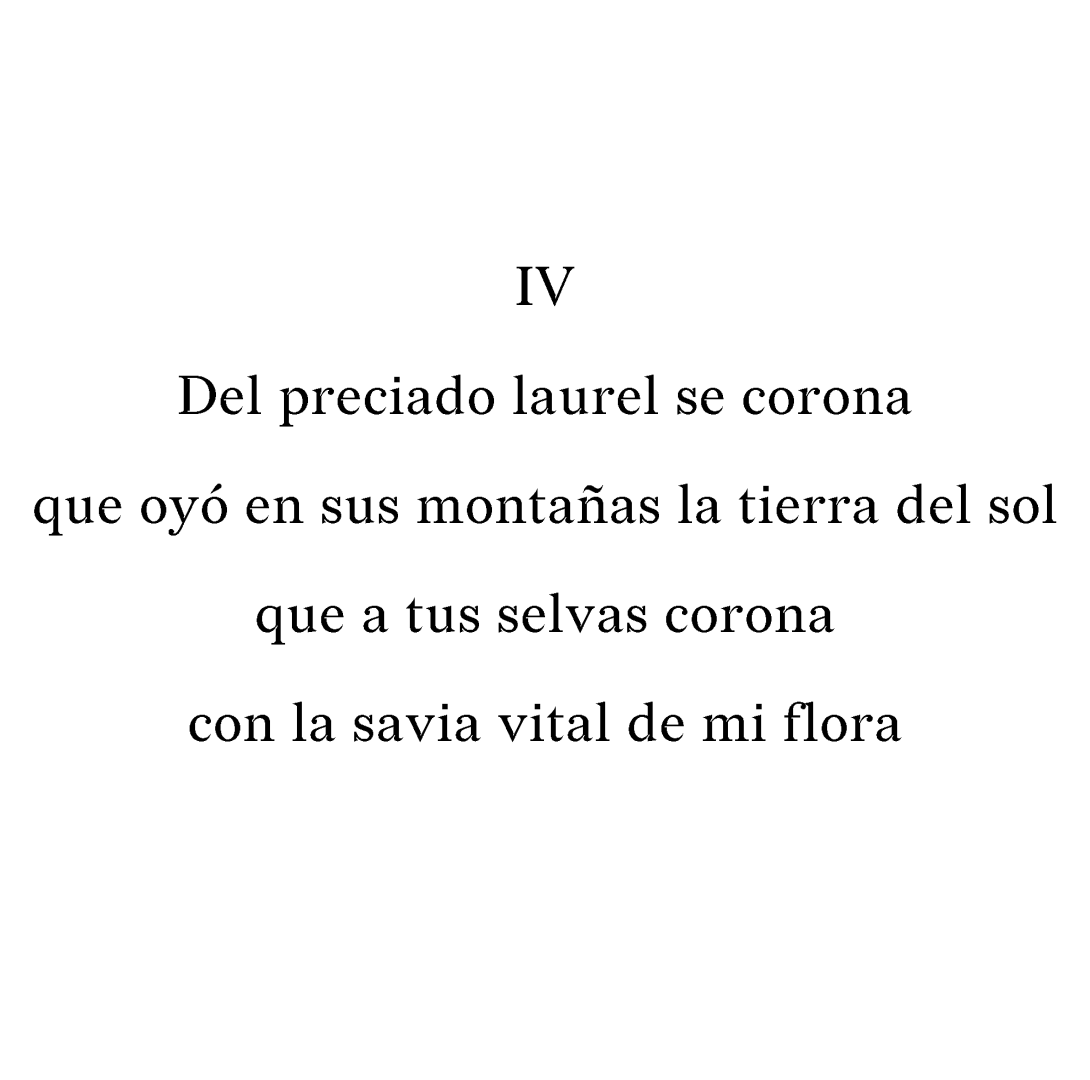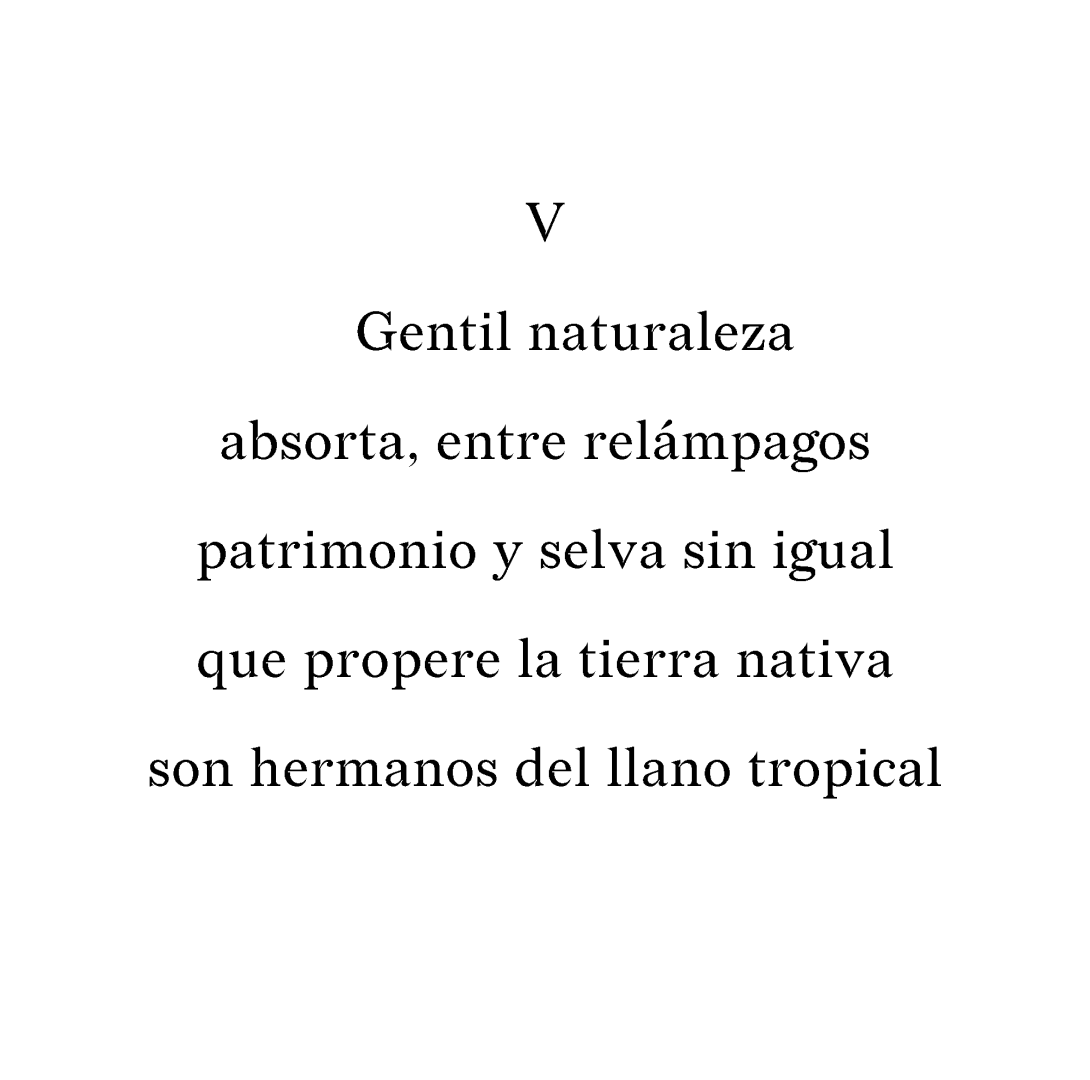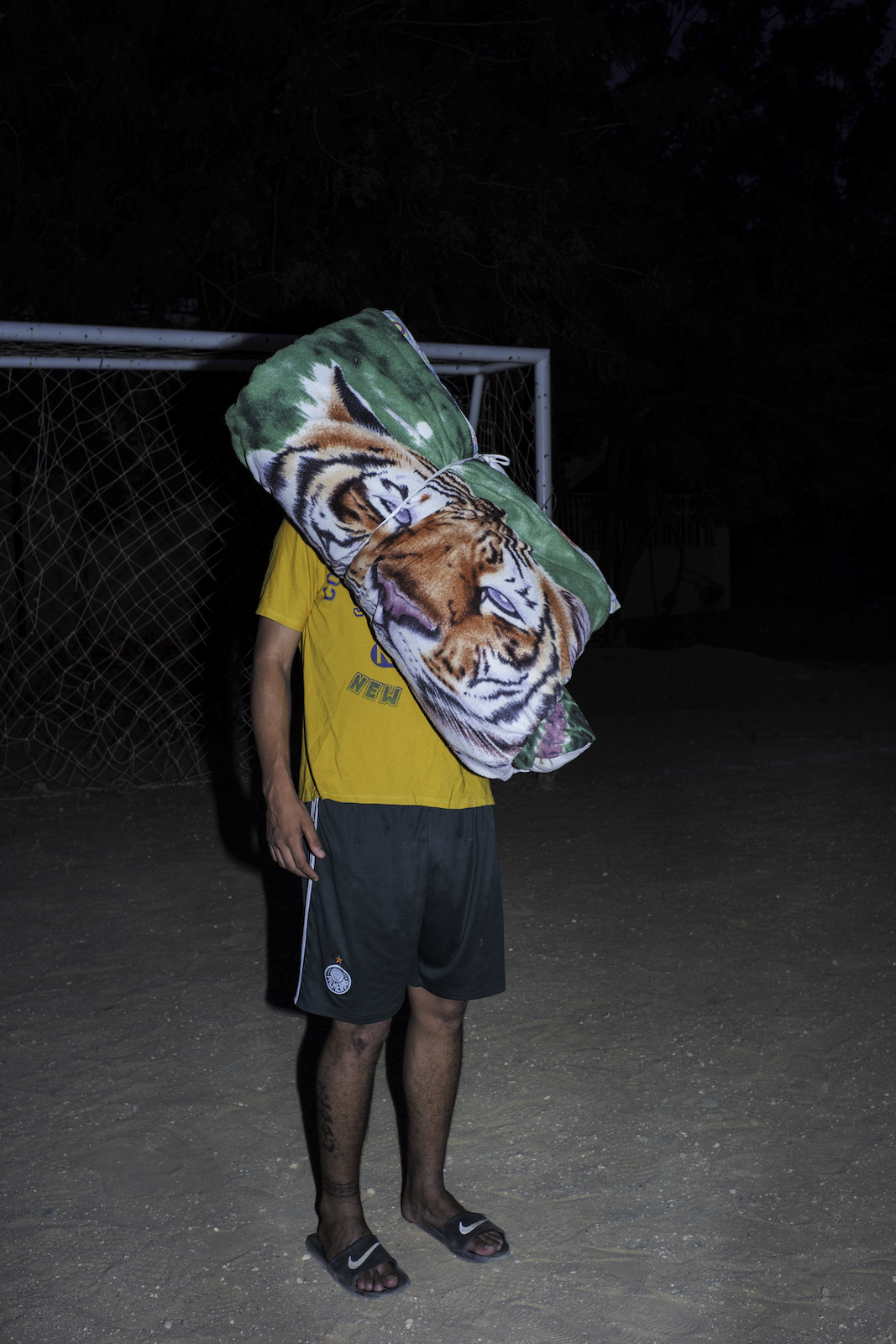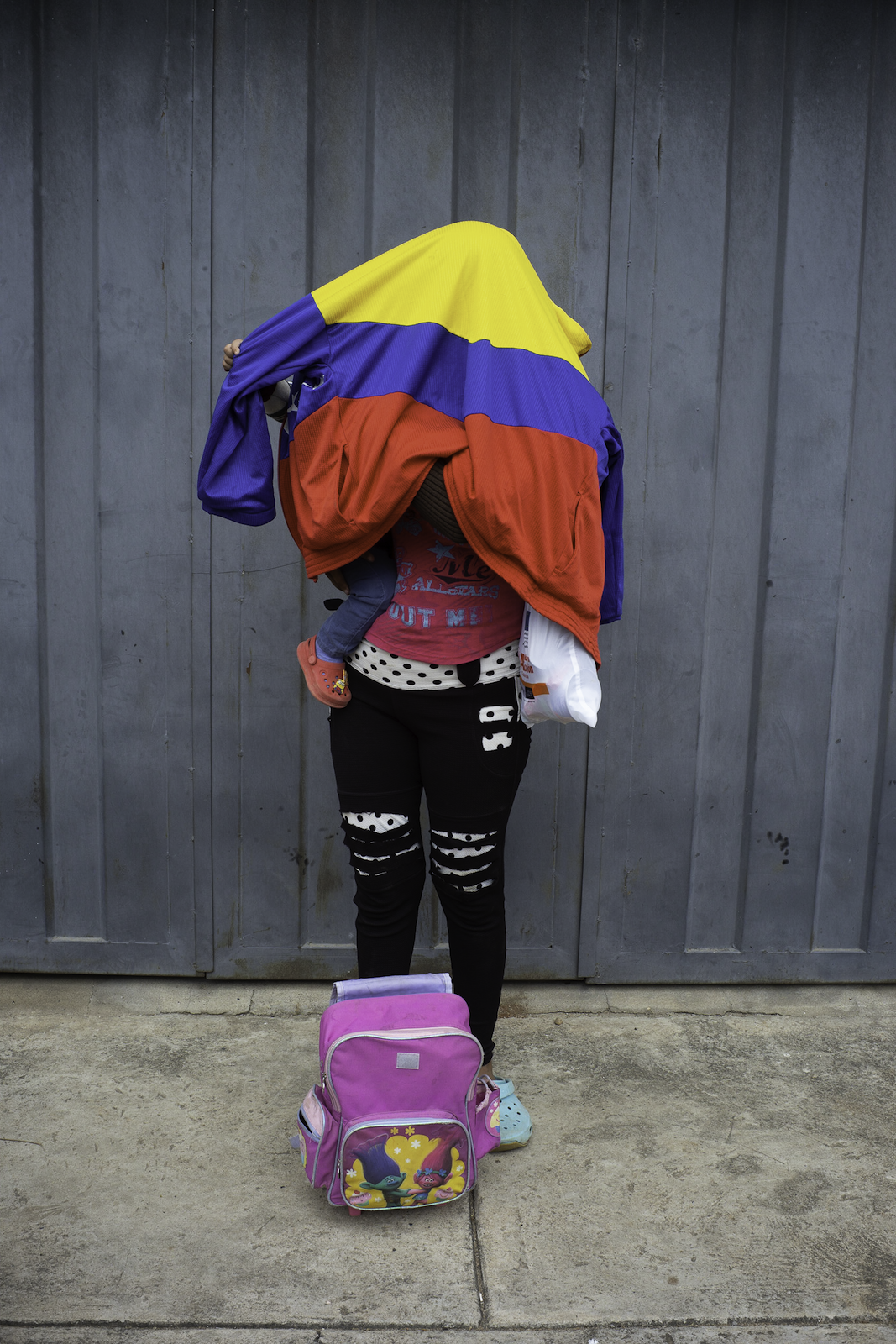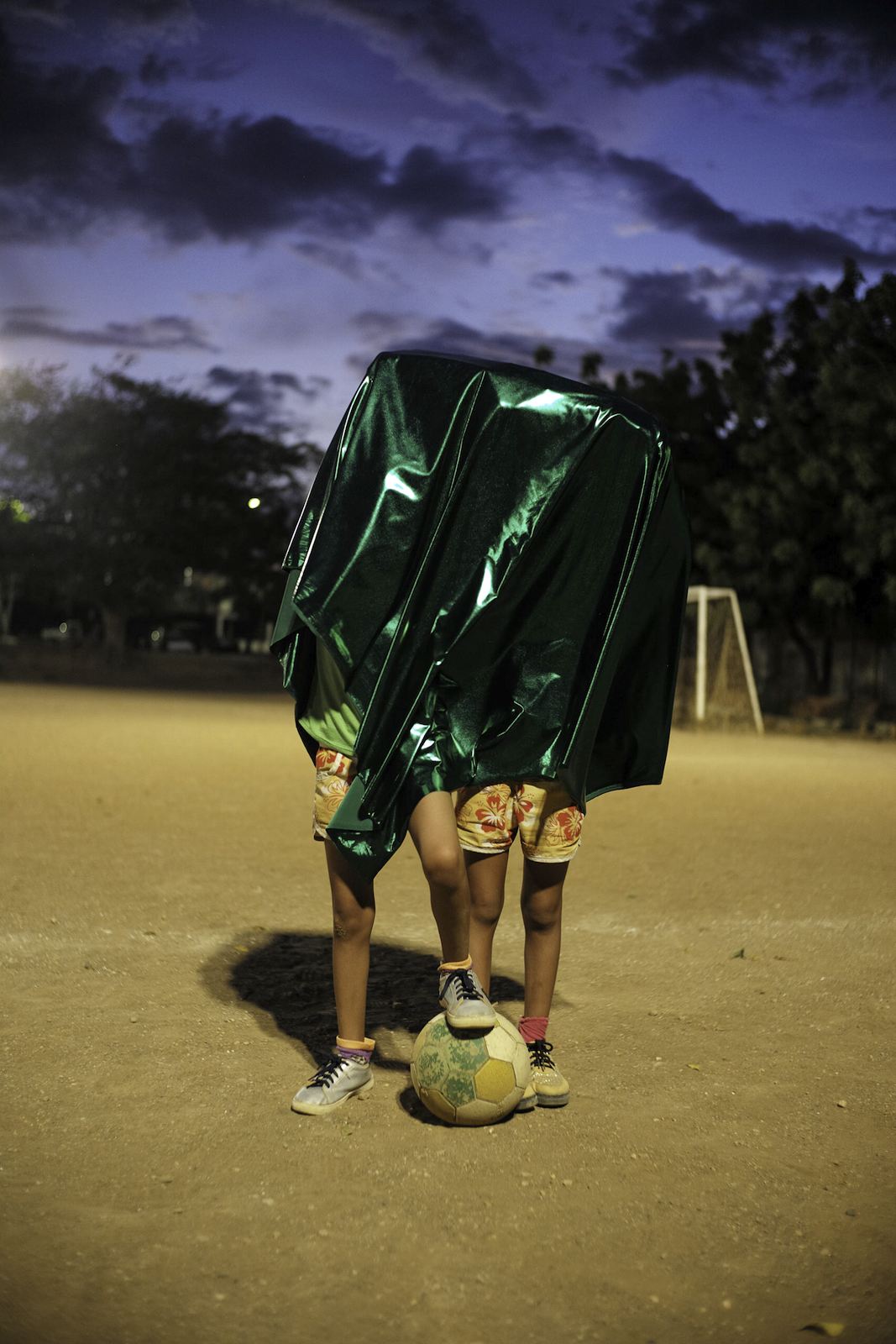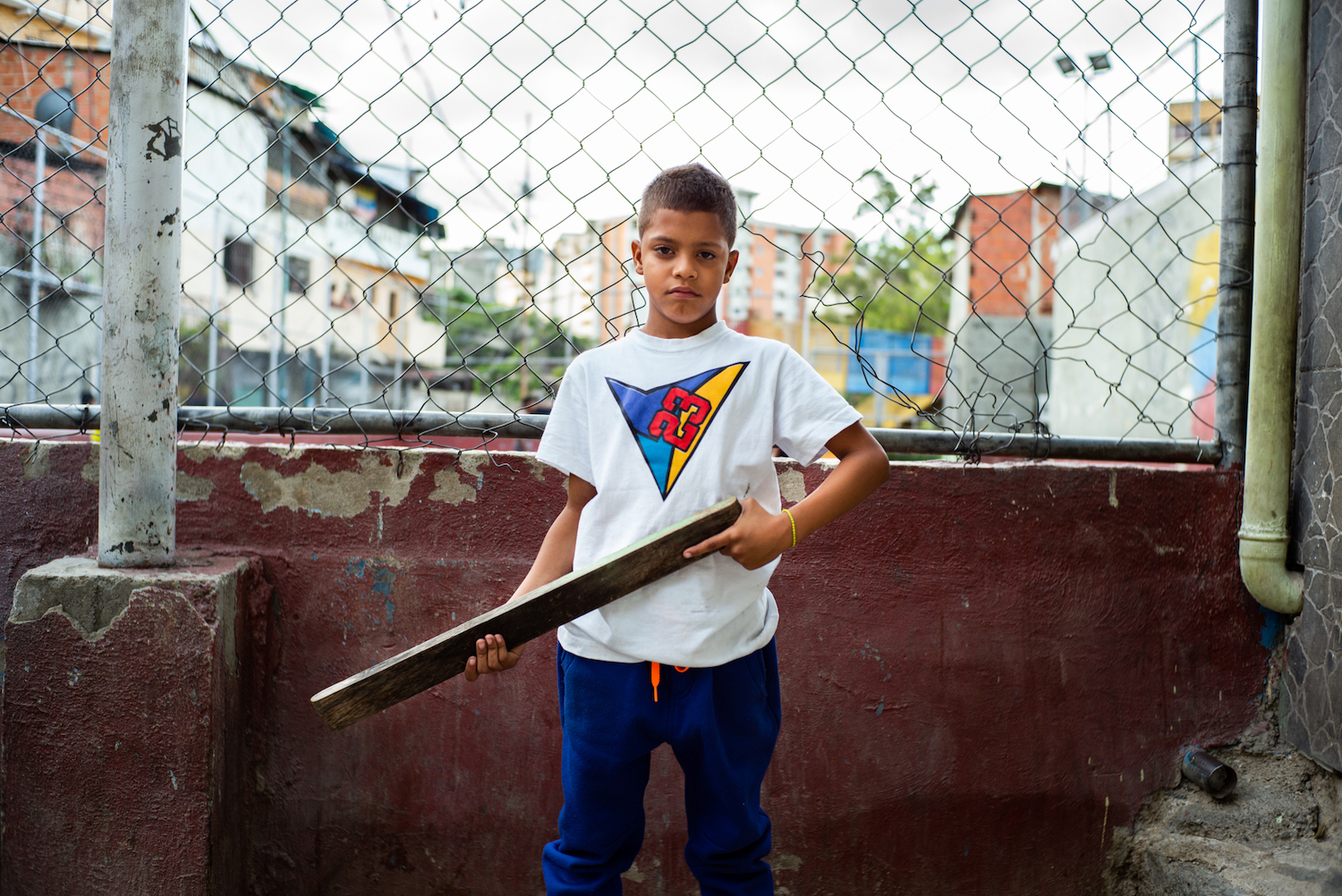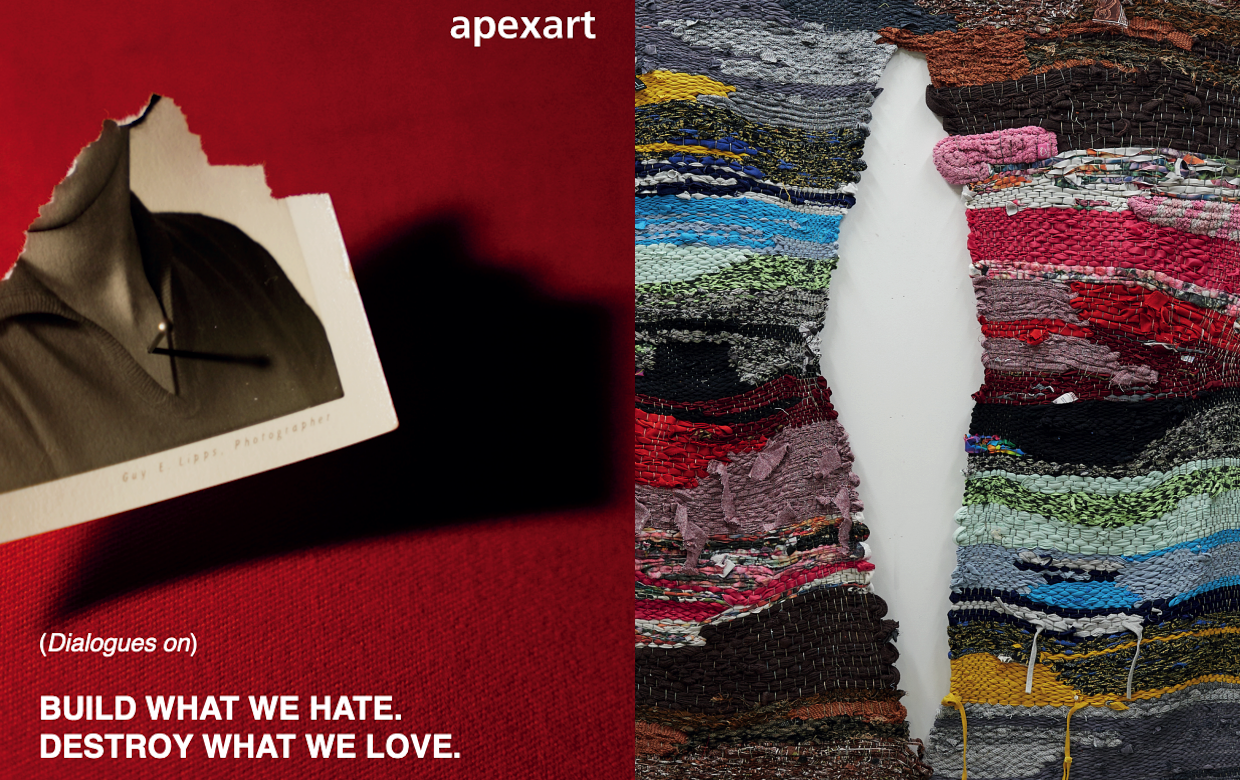Use your up, down, left, and right keys, or click within to navigate.
Cassandra Mayela, Juan Diego Pérez la Cruz, Ronald Pizzoferrato
As of October 2023, nearly 8 million Venezuelans have been forced to leave their homeland in the last decade. This displacement accounts for over a quarter of the country's population, making it one of the largest migration crises in recorded history.
Build what we hate. Destroy what we love. aims to amplify the stories of Venezuelan migrants through an exploration of social and material elements that make part of this massive exodus. The title emerges as a paradoxical interplay between the creation and dismantling of harmful systems (political, social, economic, belief...) and a reckoning of the nuances of everyday actions by everyday people, necessary to sustain what oppresses us, only to provide us with a fragile stability in return.
The exhibit brings together the work of 3 artists whose ideas about migration, belonging, and connection among an atomized nation give way to a visual repertoire of Venesporan contemporary realities. The works span photography, video, archival intervention, word-based installation, textile, and are accompanied by an array of contextual literature and personal testimonies that enrich the overarching narrative. Together, they navigate language and what the curator calls Objects of Embodied Memories, unraveling the bonds between material possessions and the emotional resonance that linger in their absence.
Build what we hate. Destroy what we love. aims to amplify the stories of Venezuelan migrants through an exploration of social and material elements that make part of this massive exodus. The title emerges as a paradoxical interplay between the creation and dismantling of harmful systems (political, social, economic, belief...) and a reckoning of the nuances of everyday actions by everyday people, necessary to sustain what oppresses us, only to provide us with a fragile stability in return.
The exhibit brings together the work of 3 artists whose ideas about migration, belonging, and connection among an atomized nation give way to a visual repertoire of Venesporan contemporary realities. The works span photography, video, archival intervention, word-based installation, textile, and are accompanied by an array of contextual literature and personal testimonies that enrich the overarching narrative. Together, they navigate language and what the curator calls Objects of Embodied Memories, unraveling the bonds between material possessions and the emotional resonance that linger in their absence.
Fabiola R. Delgado is a Venezuelan Curator and Creative Consultant based in Washington DC. Formerly a Human Rights Lawyer and a political asylum seeker, she dedicates herself to finding justice through artistic and cultural expressions, striving for thought-provoking projects that recenter perspectives and encourage intergenerational creative learning.


